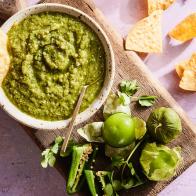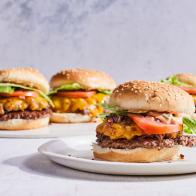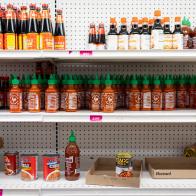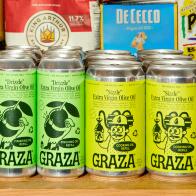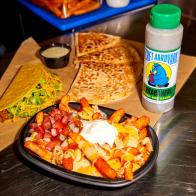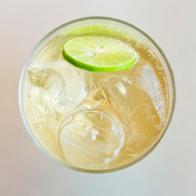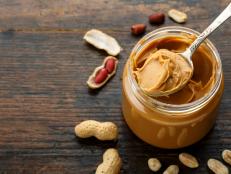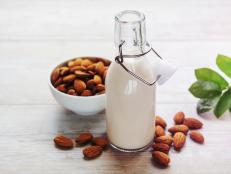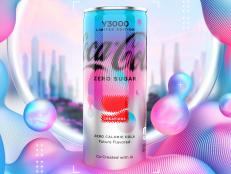Ask HE: What Does “Natural” Mean?
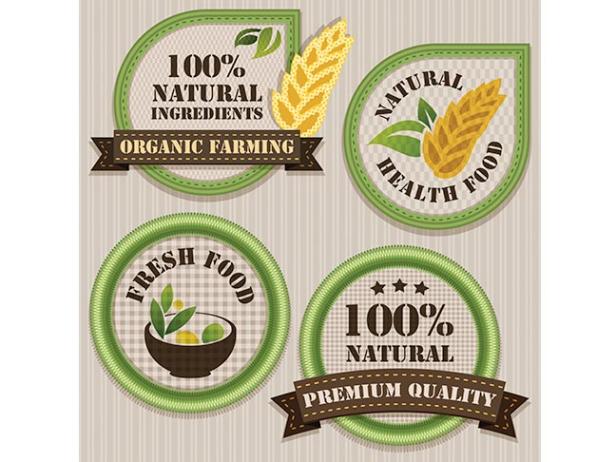
You see it on everything from juice drinks and packages of meat, to boxes of cereal and bottles of vitamins. There’s a lot of confusion surrounding the word “natural.” You might be surprised to learn what this term really means.
A: Sadly, there are no guidelines to define what can be classified as “natural.” Basically, it means nothing, so buyer beware!
The word natural isn’t easy to define (there are almost 20 definitions in the dictionary). When it comes to food, you want something that’s as close to nature as possible – the more processed the food is, the less natural it becomes.
- Processed foods labeled “natural”
- Natural junk foods
- Natural herbal supplements
There’s nothing “natural” about cheese snacks and toaster pastries but the word finds its way on to packaging throughout the grocery store. Check labels and avoid products with endless lists of ingredients you don’t recognize. Just because there are trace amounts of actual cheese in a cracker or apple juice in a sugary cereal doesn’t make it natural or good for you. You might also see “natural flavorings” on that ingredient list. Interestingly, the FDA does have guidelines for this term. Check out the definition and tell us what you think of it (I’m still scratching my head).
It is a good thing if the ingredient list on a bag of potato chips reads “potatoes, olive oil and salt.” It may be closer to nature than boxed mashed potatoes but that doesn’t mean those chips are healthy and doesn’t give you a free pass to down the entire package. The calories, salt and fat add up quickly!
Supplements may be the most dangerous. Many consumers take herbal pills and powders to cure all types of ailments. Just because a supplement is derived from a plant doesn’t ensure its’ safety. Side effects and dangerous interactions with medications can occur if you don’t do your homework. Our recent post on Guarana is a perfect example.
Bottom Line: Don’t be fooled. “Natural” doesn’t mean healthy, safe, or even from nature! Use common sense and choose minimally processed foods whenever possible, and check with your doctor or registered dietitian before taking herbal supplements.
Dana Angelo White, MS, RD, ATC, is a registered dietitian, certified athletic trainer and owner of Dana White Nutrition, Inc., which specializes in culinary and sports nutrition. See Dana's full bio »


